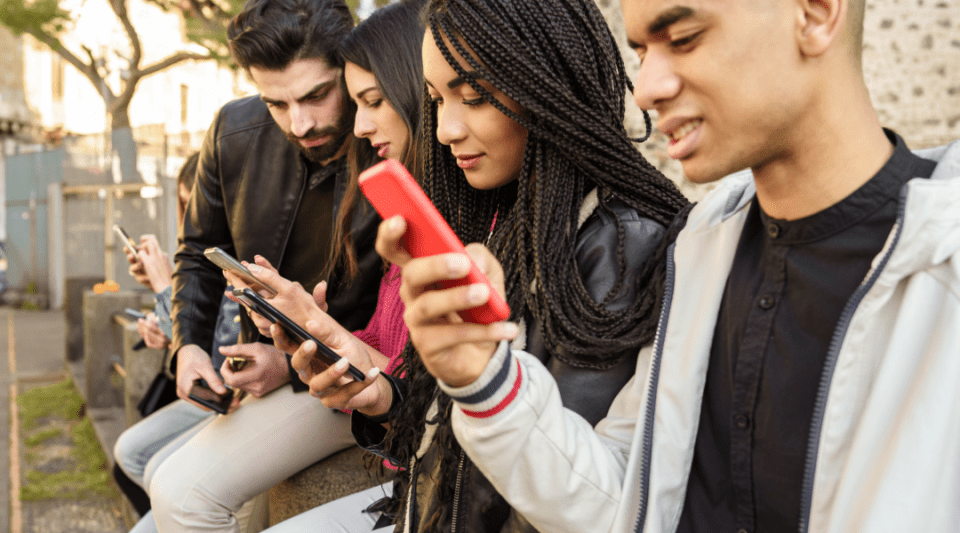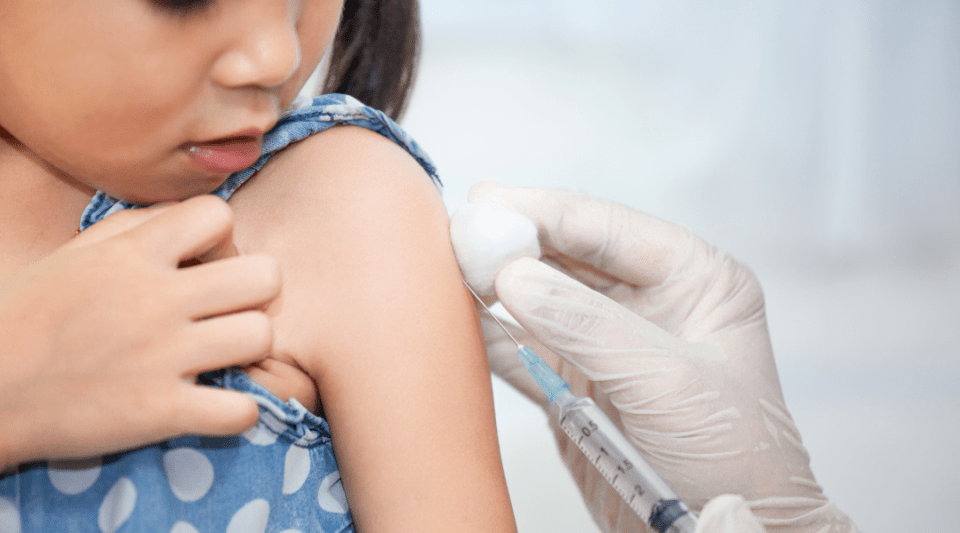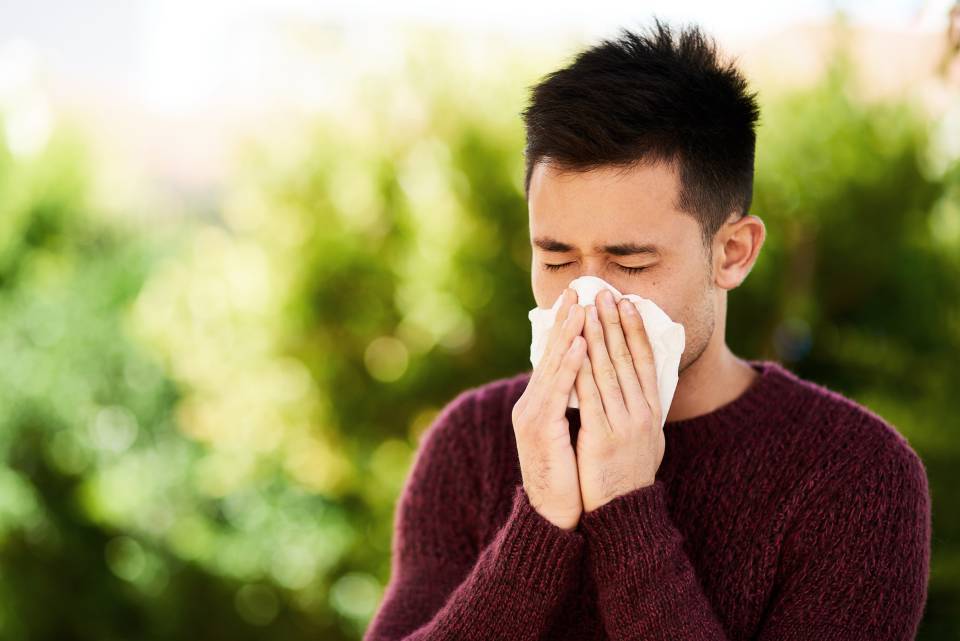The Power of social networks in today's society
Social networks have revolutionised the way society communicates, shares information and presents itself to the world. Platforms like Instagram, Facebook, TikTok and Twitter are not only tools of connection, but also places where ideals of beauty and success are formed.
Social media usage statistics
-
According to a recent report, over 4.76 billion people use social media worldwide.
-
The average time spent every day on social media is 2 hours, 31 minutes per person. Moreover, in young people, cases of adiction are increasing.
Impact on Body Perception
The Culture of the Perfect Image
Social media has amplified the pressure to achieve unrealistic beauty standards. Constant exposure to edited, filtered images can distort our perception of what is normal or desirable in terms of physical appearance.
One study found that people who frequently compared their own physical appearance to that of people they followed on social media had greater body image dissatisfaction and a greater desire to be thin.
If you feel that social networks are negatively affecting your mental health or body perception, you should seek professional help.
The phenomenon of "Body Shaming"
So-called “Body shaming” is a growing problem on social media. Negative comments about other people’s bodies can have devastating effects on their self-esteem and mental health.
Effects on Mental Health
Anxiety and Depression
Constant exposure to seemingly perfect lives on social media can lead to feelings of inadequacy and depression. Several studies have found a significant correlation between the use of numerous social media platforms and increased symptoms of depression and anxiety.
FOMO (Fear of Missing Out)
The fear of missing out, or FOMO, is a psychological phenomenon exacerbated by social media. This constant fear of missing out on experiences or connections can lead to compulsive use of platforms and negatively affect mental well-being.
Eating disorders and body dysmorphia
The pressure to attain certain body ideals promoted on social media can contribute to the development of eating disorders and body dysmorphia, although research indicates that social media can also contribute to healthier eating.
Strategies for healthy use of social media
Digital awareness
Recognising Reality vs Fiction: It is crucial to understand that many images on social media are edited and do not represent reality.
Limit usage time
Set healthy limits: Use time management tools on devices to control the use of social networks.H3: Practice mindfulness
Digital mindfulness: Become aware of your emotions and thoughts while using social media.
Diversify your feed
Follow accounts that provide positive inspiration: Look for content that promotes body diversity and self-acceptance.
Positive initiatives in social media
Body positivity movements
Campaigns like #BodyPositivity and #RealNotRetouched are gaining traction on social media, promoting a more inclusive and realistic vision of beauty.
Platforms that prioritise mental well-being
Some social networks are introducing features to promote mental well-being, such as reminders to take breaks or having an option to hide the number of “likes”.
The Future of social networks and mental health
Platform Responsibility
Studies on the long-term impact of social media on mental health are ongoing. More research is still needed to fully understand these effects. Social media companies are under increasing pressure to address mental health issues associated with their platforms. More initiatives and tools focused on the well-being of users are expected.
Social media is a powerful tool that can have both positive and negative effects on body perception and mental health. It is crucial to be aware of taking a balanced approach when using it. By being mindful of potential negative impacts and implementing strategies for healthy use, you can reap the benefits of digital connectivity while protecting mental and emotional well-being.






